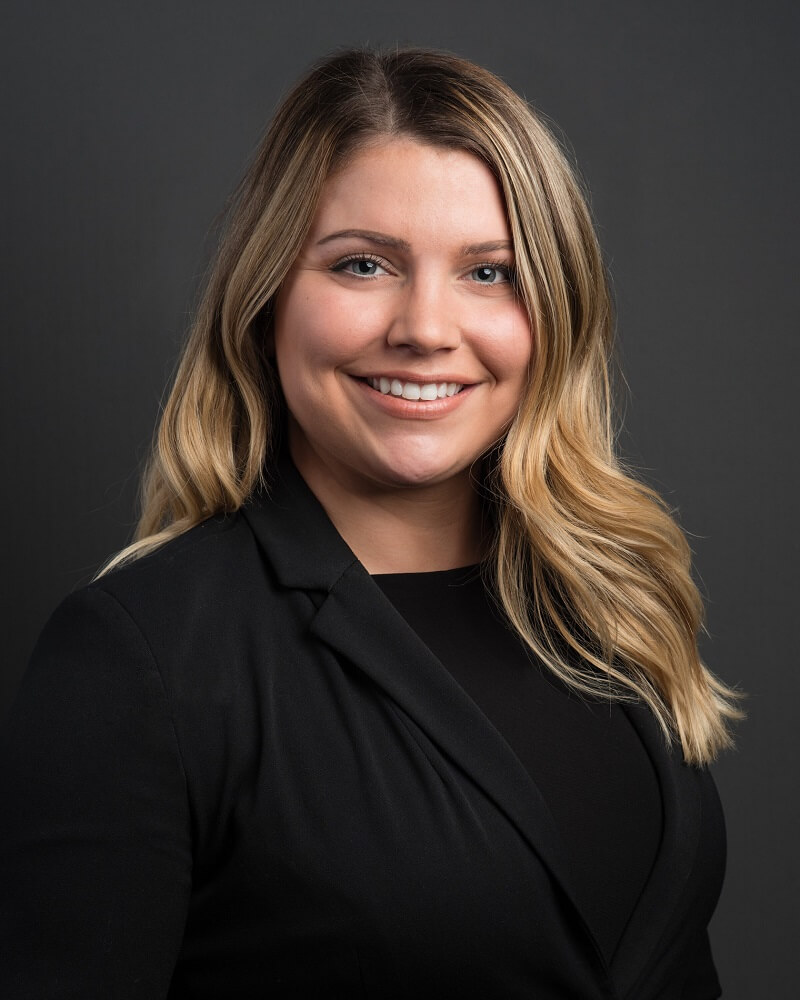211: Are We Headed Towards a Depression NOW?

Podcast: Download
“It’s hard to make predictions—especially about the future.” That’s one of my favorite Yogi Berra quotes. It’s funny but also incredibly true.
Think about what is happening now with COVID-19. Social scientists make predictions based on assumptions. The epidemiologists are making projections on the spread of the virus even though they have no significant knowledge of what they don’t know.
We are learning something new about this virus everyday. To further complicate things, the virus can mutate. There are already two strains and there could be more in the future makings its virulence and contagion even more unpredictable.
In the meantime, economists are basing their predictions on the work of the public health professionals. Their models are predicated on the moving targets of the public health projections. They are also basing models on an assumption that there will be a vaccination or cure in some specified period of time.
What a mess right? In fact, no one really knows what’s going to happen next month or tomorrow for that matter. We are in slow motion as the economic fall-out declares itself. Monetary and fiscal policy measures will be unparalleled in size and scope but no one really knows what the real impact of those measures will be.
If I am sounding a bit nihilistic, it may be because our Wealth Formula Network mastermind is currently reading Nassim Taleb’s The Black Swan as part of our book club. A lot of people refer to this book when they talk about unpredictable events—even if they didn’t read the book! I do highly recommend it myself although be forewarned, it is not a light read.
Taleb actually doesn’t think that COVID-19 as a black swan event. Why? He, along with many others, had predicted this kind of pandemic in recent years based on recent viral outbreaks and the rise of globalization. There are documentaries about the likelihood of a Disease X epidemic and there was even a White House Pandemic Task Force that was dismantled by the current administration.
But what Taleb does see as a potential black swan event is what happens as a result of this grayswan. The unpredictability of this economy is ripe for a true event that none of us can predict.
So what’s the point of making predictions? Well, most of life does stay on the bell curve. In other words, economics can provide value in the bigger picture when known factors are modeled in. As long as you can stay away from highly unlikely events, they can serve people and businesses well.
ITR Economics is a firm that I follow. They’ve been right on 97 percent of their economic forecasts over the last 70 years or so. That said, for the reasons discussed earlier, they didn’t see the severity of COVID-19 impact coming either—again because their assumptions were based on then-available public health assumptions.
At any rate, the key to get the most out of economics is to be agile and redirect projections as assumptions change over time.
For that reason, this week’s episode of Wealth Formula Podcast revisits the question of the economy with Catherine Putney of ITR economics. As you may recall, she was on the show shortly before all of our lives suddenly changed and businesses closed a couple months ago.
Make sure to tune in as Catherine gives us an updated forecast for the coming year and beyond!

Catherine Putney specializes in applied research for business cycle trend analysis, growth-cycle trend analysis, and implementing cyclical analysis at the practical, company level. She holds a master’s degree in economics from the University of New Hampshire.
Catherine regularly contributes articles to ITR Economics’ flagship publication, the ITR Trends Report™, focusing on the manufacturing sector of the US economy. Catherine and the ITR team have put this expertise to work for companies across a wide range of industries, including manufacturing, chemicals, fibers, healthcare, distribution, real estate, construction, and technology.
 Send Buck a voice message!
Send Buck a voice message!



